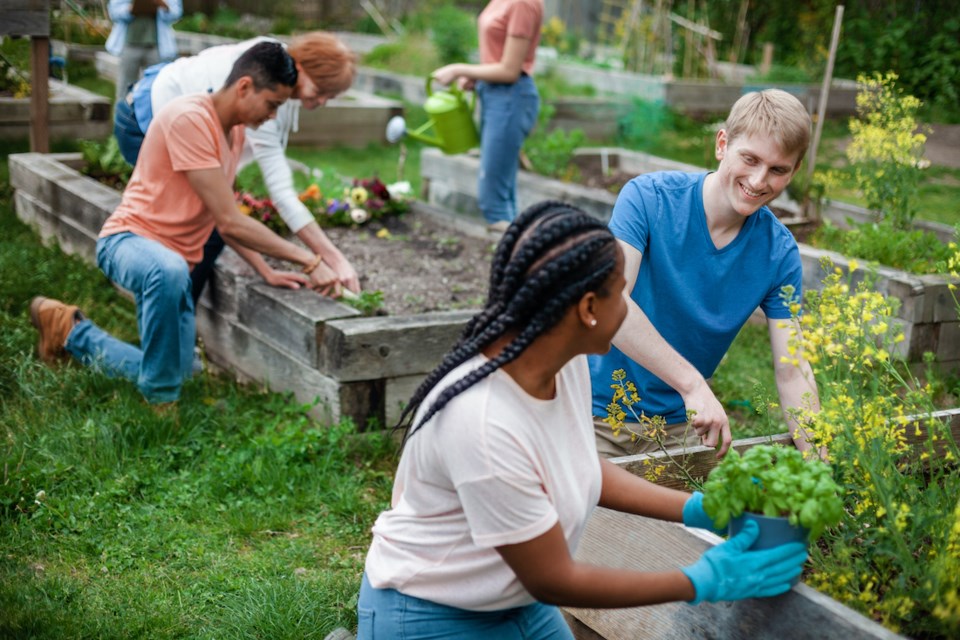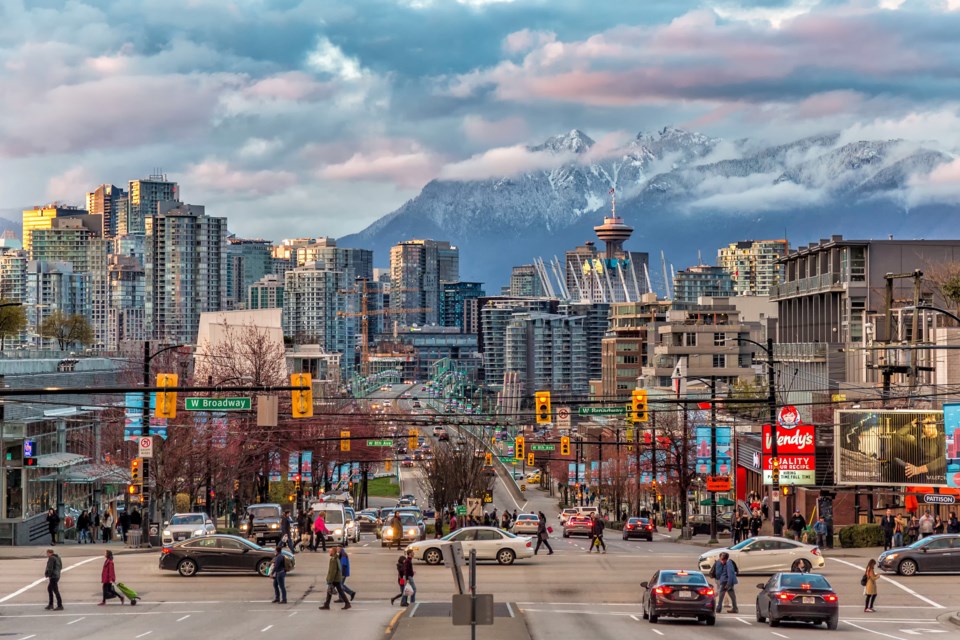Climate change can make one feel anxious. Will this summer be a record-breaking scorcher? What wild weather extreme will BC endure next? It can feel so hopeless. But within each of us rests a vast amount of power that can spur change: People power.
No elixir exists that can undo all of the damage that hundreds of years of industry, capitalism, and resource extraction have done to the planet. However, we have options within our reach that can decrease our role in the climate problem. I want to outline some choices where the most immediate impact can be made: Cars, consumption habits, and community action.
Rethinking car culture is a must. This is a touchy spot for many, but the reality is our climate problem is largely a car problem. The average car accounts for 4.6 tons of carbon dioxide annually, making cars the driver of GHG emissions. Those emissions lead to smog umbrellas that trap pollution in urban areas. Factor in the emissions generated by the manufacturing of vehicles and of fuel extraction, and you have a perfect dirty circle.
Consider swapping out your gas guzzler for an electric vehicle. The main feature of an EV is that it does not produce exhaust. Granted, EVs are not perfectly “green,” as the battery requirements create . On the whole, EVs are far less cause for climate concern than the combined car and fossil fuel industries.
We must make our own choices about cars, and transportation in general, to decrease our carbon footprint. Biking or walking, carpools, living close to work, if possible, and using public transportation will all contribute to the mitigation cause. Fewer cars on our roads will not only improve air quality but may also even cool tempers.
Cars are far from the only option on the lifestyle changes menu. We consume more than we need and create too much waste in the process. For example, post-consumer waste, that is, the daily waste a household generates. Much of what we buy can be fixed, repaired, and reused, but too often we bin salvageable products. From Amazon Wish Lists to , we are all prone to wasting money on what George Carlin sardonically called “stuff.” Reducing our consumption habits will limit the carbon emissions inherent in the manufacturing and shipping of unnecessary items.
At its simplest, this means buying secondhand whenever you can. Don’t think it makes a difference? Just think of all the packaging that comes with new furniture. Bypass the waste, and hit up Marketplace if you must update your furnishings.
People power need not be a solitary effort. Community action takes on many forms including litter clean-up “parties.” This action removes litter from neighbourhoods. Volunteering one day this spring to clean a footpath or shared green space will build strong communal bonds while putting trash and recyclables in their proper place. It’s also a decent outdoor workout.

Community gardens give participants access to healthy seasonal food and . The climate benefits are bountiful, too: these gardens promote biodiversity, reduce urban pollution, and repurpose once-degraded land. They also stand as a communal space for education and knowledge sharing.
Shopping at farmers' markets is a way to support local, which means less resource expenditure in the transportation and storage of goods. The food on offer is always in-season, resulting in better prices, and better quality than produce shipped in from across the country or further. If you buy all, or even most, of your seasonal produce from markets all year round, you are choosing the lower GHG option.
Changes, big and small, in our daily lives, our consuming habits, and community activity are vital steps forward. Climate change requires us all to do our best to lead more sustainable lives. You have incredible power; purchase power, the power of your choices. Use this power wisely, sustainably, and broadly.



